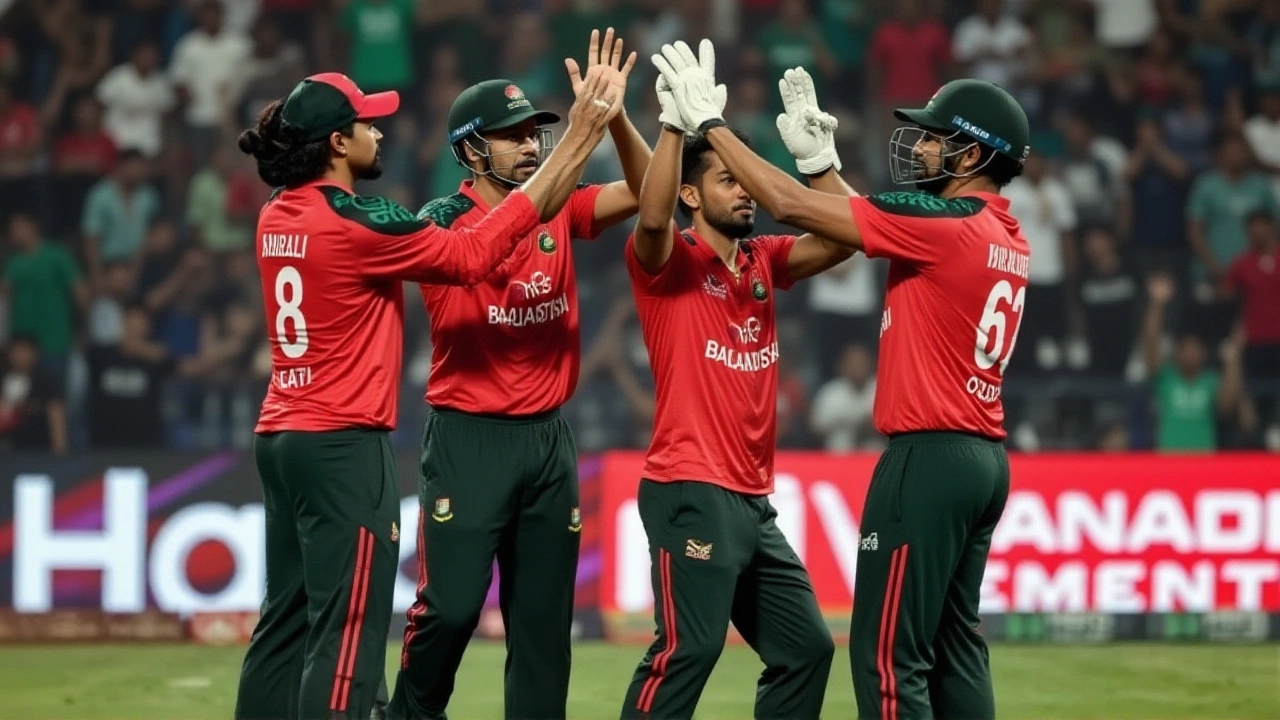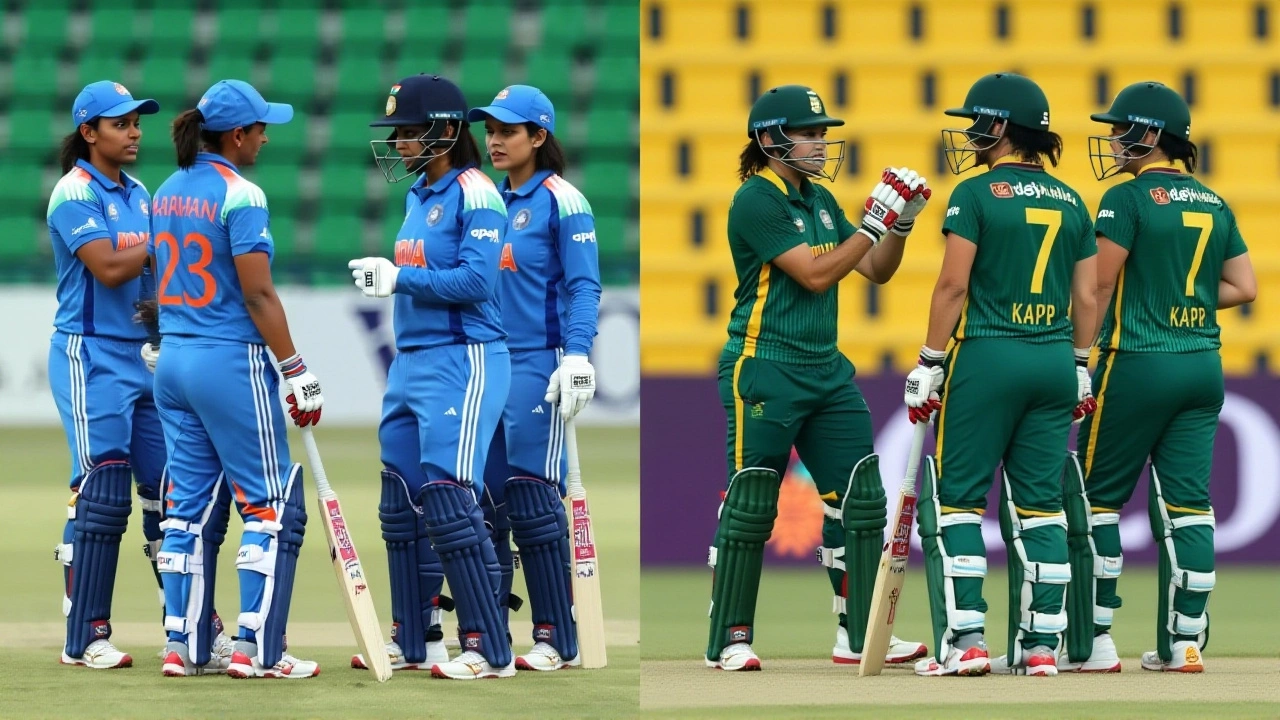DP World Asia Cup
When you hear DP World Asia Cup, the flagship cricket tournament backed by global logistics powerhouse DP World, bringing together top Asian teams for thrilling matches, you know you’re looking at a blend of sport and strategic sponsorship. Also called Asia Cup, the event showcases regional talent while giving the sponsor a platform to highlight its international reach. This mix of competition and brand visibility creates a unique ecosystem that draws fans, media, and business partners alike.
One key player in this ecosystem is DP World, a leading port and logistics company that leverages sports sponsorship to expand its global footprint and reinforce its commitment to community development. DP World’s involvement goes beyond logo placement; it funds stadium upgrades, supports fan engagement programs, and ensures smooth transportation logistics for teams and equipment. In turn, the tournament gains credibility and financial stability, a classic case of DP World Asia Cup benefitting from strategic partnership.
Why cricket matters in the Asia Cup landscape
The sport itself, cricket, a bat‑and‑ball game adored by billions across South Asia, forms the core attraction of the Asia Cup. Its fast‑moving formats, from One Day Internationals to T20s, keep audiences hooked and provide sponsors with high‑visibility moments. The governing body, the International Cricket Council (ICC), sets standards for competition and broadcasting, ensuring the tournament meets international quality benchmarks. By aligning with the ICC’s guidelines, the DP World Asia Cup maintains credibility and draws top‑ranked national teams.
Another essential piece is sports sponsorship, the financial and promotional support that brands provide to events, athletes, and leagues to reach targeted audiences. In the case of the DP World Asia Cup, sponsorship influences everything from team kits to digital streaming rights. This relationship creates a feedback loop: stronger sponsorship funds better production, which draws larger viewership, which in turn attracts more sponsors. The result is a self‑reinforcing cycle that elevates the tournament’s profile each edition.
Event management also plays a pivotal role. Companies specializing in large‑scale sporting events coordinate venue preparation, security, ticketing, and fan experiences. Their expertise ensures that each match runs smoothly, that broadcasters receive clean feeds, and that attendees enjoy safe, memorable days at the stadium. When event managers collaborate with DP World’s logistics network, they can streamline the movement of gear, staff, and even fan merchandise across borders, illustrating how logistics and event execution intertwine.
Port logistics, another facet of DP World’s core business, indirectly supports the tournament by facilitating the import of equipment, temporary structures, and even food supplies for hospitality suites. Efficient port operations reduce delays, lower costs, and keep the supply chain resilient—critical factors when a multinational event hinges on timely deliveries. This behind‑the‑scenes synergy shows how a logistics giant can add tangible value to a sports spectacle.
All these elements—cricket’s mass appeal, ICC standards, strategic sponsorship, expert event management, and robust port logistics—combine to make the DP World Asia Cup a standout event on the Asian sporting calendar. Below, you’ll find a curated list of articles covering everything from match previews and player interviews to analysis of DP World’s sponsorship strategy and the logistics that keep the tournament running smoothly. Dive in to get a full picture of why this tournament matters to fans, businesses, and the broader cricket community.
Bangladesh edged Afghanistan by 8 runs in the DP World Asia Cup, keeping Super Four hopes alive while net‑run‑rate pressure remains.
View More




